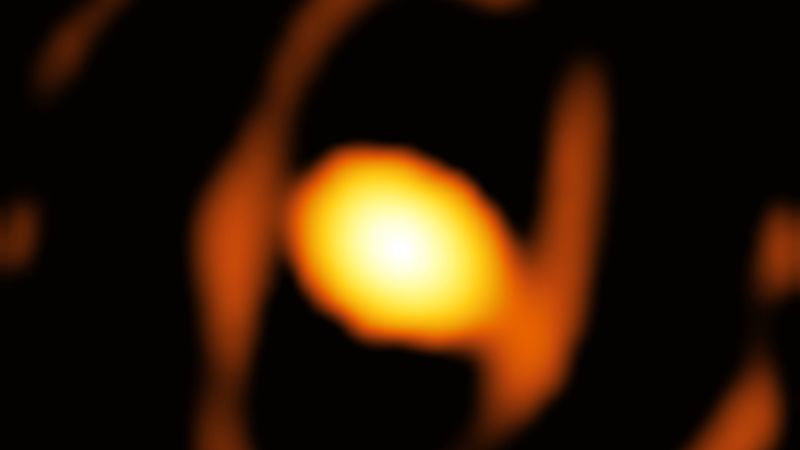
Electrical Interference
Electrical interference is the presence of unwanted electrical signals or noise that can disrupt the proper functioning of electronic systems. In the context of space and astronautical engineering, electrical interference can be caused by a variety of sources, including solar radiation, cosmic rays, and electromagnetic fields generated by other spacecraft or equipment. Electrical interference can cause errors in data transmission, disrupt communication systems, and even damage sensitive electronic components. Engineers working in the field of space and astronautical engineering must take measures to mitigate the effects of electrical interference, such as shielding sensitive components, using error-correcting codes, and designing systems with redundancy to ensure reliable operation in the harsh space environment.
Your Previous Searches
Random Picks
- Electromagnetic Wave: An electromagnetic wave is a type of wave that consists of oscillating electric and magnetic fields, which travel through space at the speed of light. These waves are produced by the acceleration of charged particles and can be described by ... Read More >>
- Inertial Navigation System: Inertial Navigation System (INS) is a navigation aid that uses a computer, motion sensors (accelerometers), rotation sensors (gyroscopes) and occasionally magnetic sensors (magnetometers) to continuously calculate by dead reckoning the posi ... Read More >>
- Launch Sites: Launch sites are facilities designed for the launch of spacecraft, rockets, and missiles. These sites are equipped with launch pads, fueling systems, and other necessary infrastructure to support the launch. Launch sites are typically locat ... Read More >>
Top News

Archaeologists discover 4,000-year-old canals used to fish by predecessors of an...
Using drones and Google Earth imagery, archaeologists have discovered a 4,000-year-old network of earthen canals in what’s now Belize...
News Source: ABC News on 2024-11-22

First close-up image of a star beyond our galaxy may reveal impending supernova...
Astronomers have taken the first close-up image of a star beyond our galaxy, and it’s a “monster star” surrounded by a cocoon as it slowly dies....
News Source: CNN on 2024-11-21

Bestselling author explains the science of happiness: "You can do the work"...
Bestselling author and Harvard professor Arthur Brooks opens up about how enjoyment, satisfaction and meaning in life can increase a person's wellbeing....
News Source: CBS News on 2024-11-18

November's full moon, known as the Beaver Moon, is the last supermoon of 2024. H...
November's full moon, known as the Beaver Moon, is the last supermoon of 2024. Here's when it peaks and why it's called the Beaver Moon....
News Source: CBS News on 2024-11-15

You can't put a price on the sense of awe particle physics inspires...
Astronomy and particle physics are no longer seen as vital by the US establishment, so funding has fallen. But our work creates a sense of wonder, and wonder matters, says Chanda Prescod-Weinstein...
News Source: New Scientist on 2024-11-13